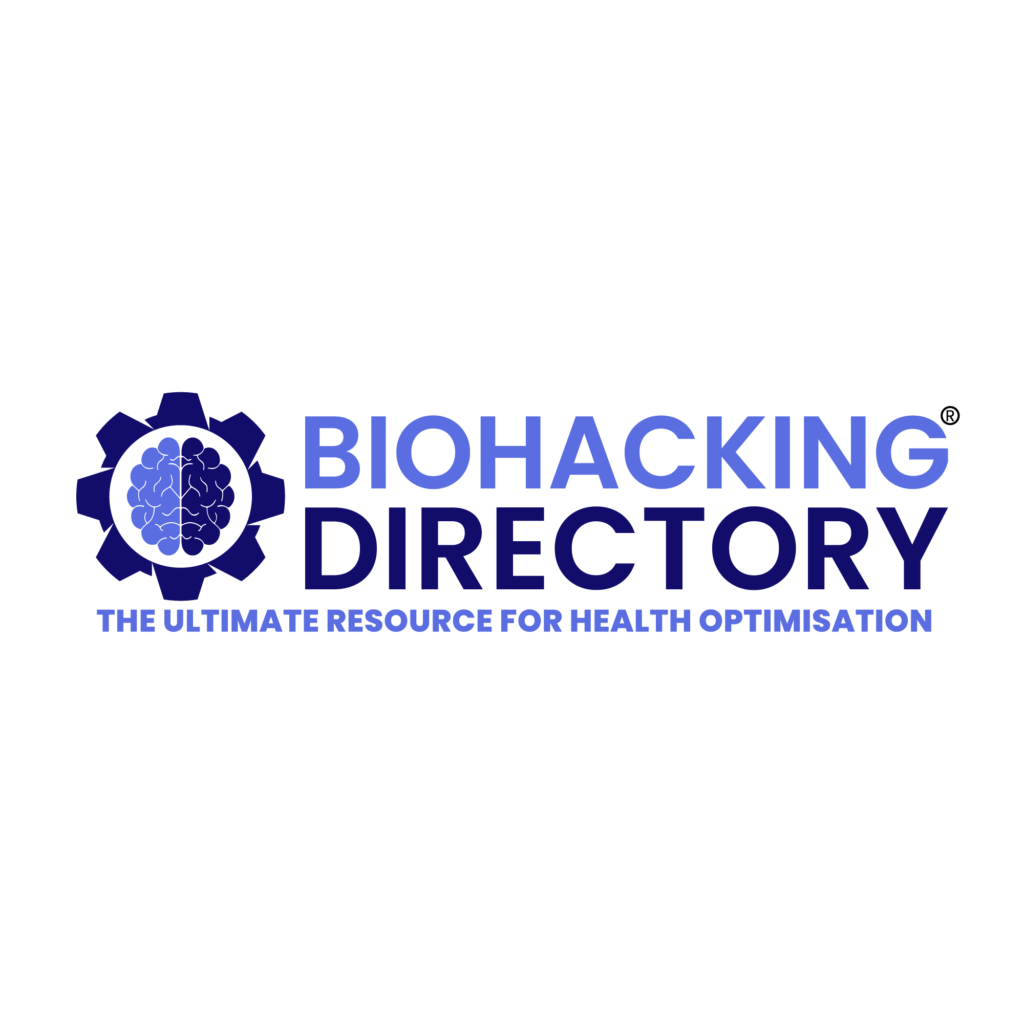Spirulina, a blue-green algae, has gained popularity as a superfood due to its rich nutrient profile and potential health benefits. People often consume spirulina in the form of supplements, tablets, or powder to enhance their overall health and well-being. This article explores the question of whether spirulina improves health and performance by examining its nutritional composition and the scientific evidence supporting its purported benefits.
Nutritional Composition of Spirulina
Spirulina is highly nutritious and contains a variety of essential nutrients. A tablespoon (7 grams) of dried spirulina powder typically contains around 4 grams of protein, making it a good plant-based protein source. It also provides vitamins and minerals such as thiamine (vitamin B1), riboflavin (vitamin B2), niacin (vitamin B3), copper, iron, magnesium, potassium, and manganese. Furthermore, spirulina contains antioxidants, particularly phycocyanin, which has been associated with various health benefits.
Health Benefits of Spirulina
1. Antioxidant Properties: Spirulina is rich in antioxidants, which can help protect against oxidative damage caused by free radicals in the body. These antioxidants, including phycocyanin, have been found to have anti-inflammatory effects, potentially reducing the risk of chronic diseases such as cancer.
2. Heart Health: Research suggests that spirulina may have positive effects on heart health. It has been shown to lower total cholesterol, LDL (bad) cholesterol, and triglyceride levels, while increasing HDL (good) cholesterol. Additionally, spirulina may help relax blood vessels, thereby potentially reducing blood pressure and improving overall cardiovascular health.
3. Allergy Relief: Some studies suggest that spirulina’s anti-inflammatory properties may help alleviate allergy symptoms such as congestion, sneezing, and itching. Although more research is needed in this area, spirulina shows promise as an alternative to conventional allergy medications.
4. Immune System Support: Spirulina contains vitamins and minerals that are essential for maintaining a healthy immune system. It may boost the production of white blood cells and antibodies, which play a crucial role in fighting viruses and bacteria.
5. Eye and Oral Health: The zeaxanthin present in spirulina has been associated with a reduced risk of cataracts and age-related vision loss. Additionally, spirulina’s antibacterial properties may promote good oral health and reduce the risk of dental plaque, gingivitis, and oral cancer.
Performance Enhancement
While spirulina’s potential benefits for general health are supported by scientific evidence, its impact on performance enhancement requires further investigation. Some studies suggest that spirulina may reduce exercise-induced lipid peroxidation, inflammation, and muscle damage, potentially improving recovery and exercise performance. However, more research is needed to determine the precise effects of spirulina on athletic performance and endurance.
Conclusion
Spirulina, with its rich nutrient profile and potential health benefits, has gained recognition as a superfood. It contains protein, vitamins, minerals, and antioxidants, making it a valuable addition to a healthy diet. The scientific evidence suggests that spirulina may have antioxidant, anti-inflammatory, heart-protective, and immune-enhancing properties. It may also provide relief from allergies and support eye and oral health. While spirulina shows promise in enhancing exercise recovery and performance, further research is necessary to confirm these effects. As with any dietary supplement, it is advisable to consult with a healthcare professional before incorporating spirulina into your routine.
References:
1. Spirulina: Are There Health Benefits? (WebMD) – [Link](https://www.webmd.com/diet/spirulina-health-benefits)
2. 10 Health Benefits of Spirulina (Healthline) – [Link](https://www.healthline.com/nutrition/10-proven-benefits-of-spirulina)
3. What Is Spirulina? (Verywell Health) – [Link](https://www.verywellhealth.com/spirulina-89079)







One Response
Ваши идеальные кассовые чеки – https://d.webtune.space/
lalorp